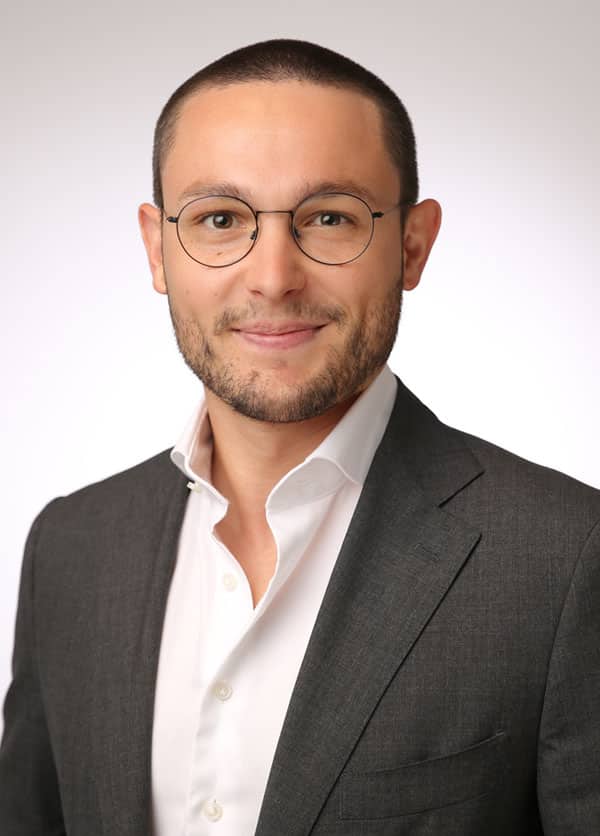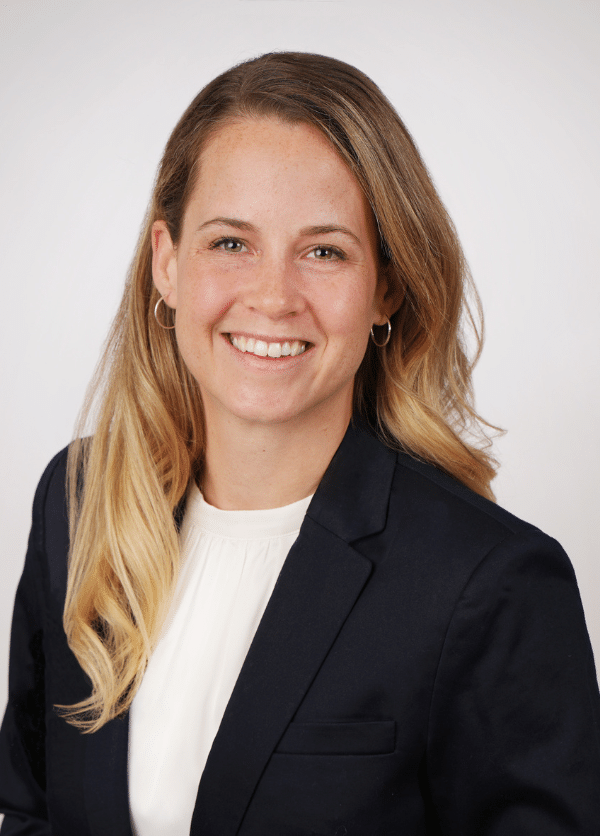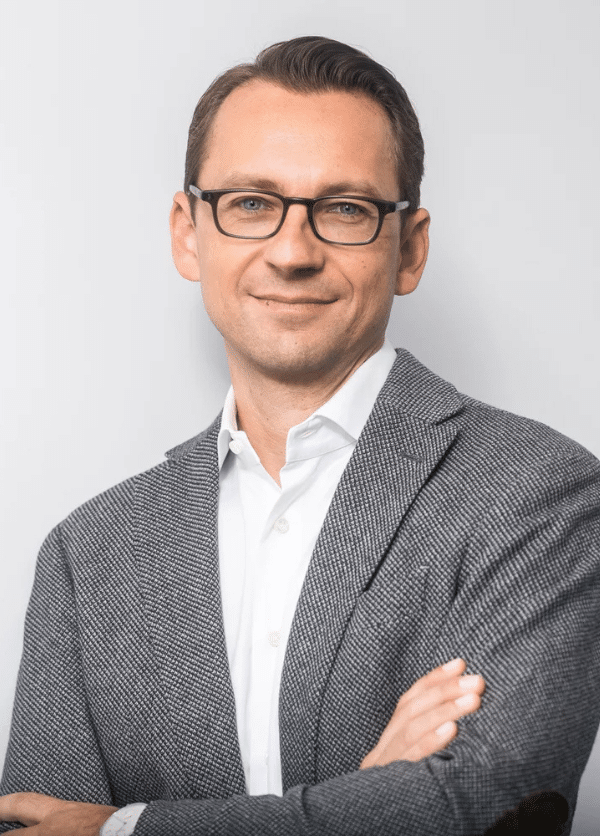
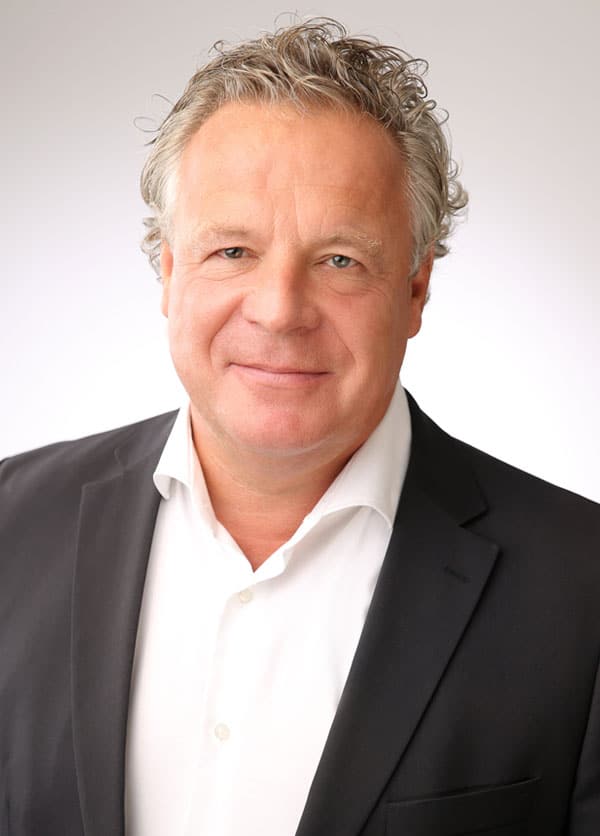
As co-founder and CEO of Zyagnum AG, Ralf Schierl has been responsible for the overall development of the company since the first idea was conceived. With his many years of experience in the diagnostics industry, he brings the company’s visionary approaches and ideas to fruition.
2007-heute
Zyagnum AG – Executive Board
Previously:
Founder Innova Labordiagnostik, merger with r-Biopharm
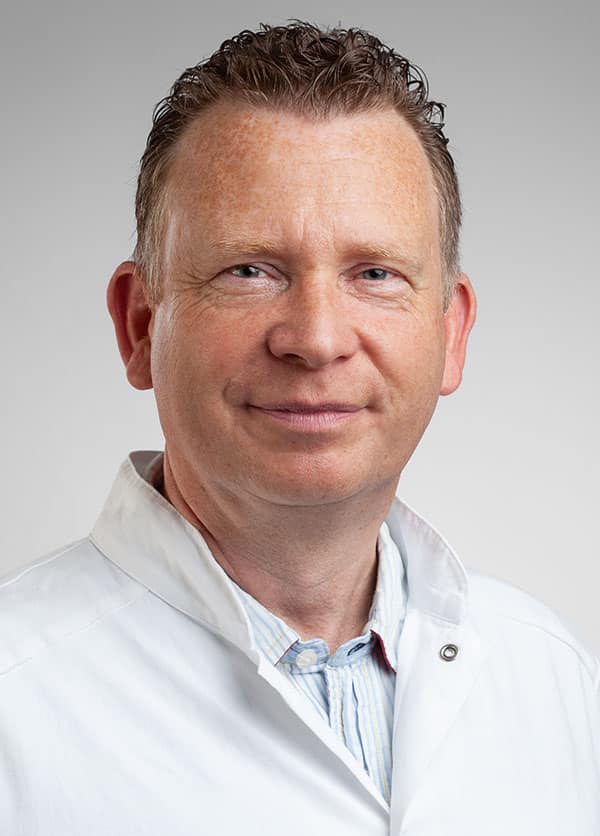
Dr. Oliver Feyen is responsible for the research and development of Zyagnum AG as CSO (Chief Scientific Officer) and developer of the EDIM® technology. With his profound understanding and extraordinary ideas in immunology, he has been working on new benchmarks for diagnostics for years.
2008-today
Zyagnum AG
Previously:
Head of Laboratory of Department of Paediatric Oncology, Haematology and Immunology, Düsseldorf University Hospital; Head of Immunologic Diagnostic and Development biovis’ MVZ Labor
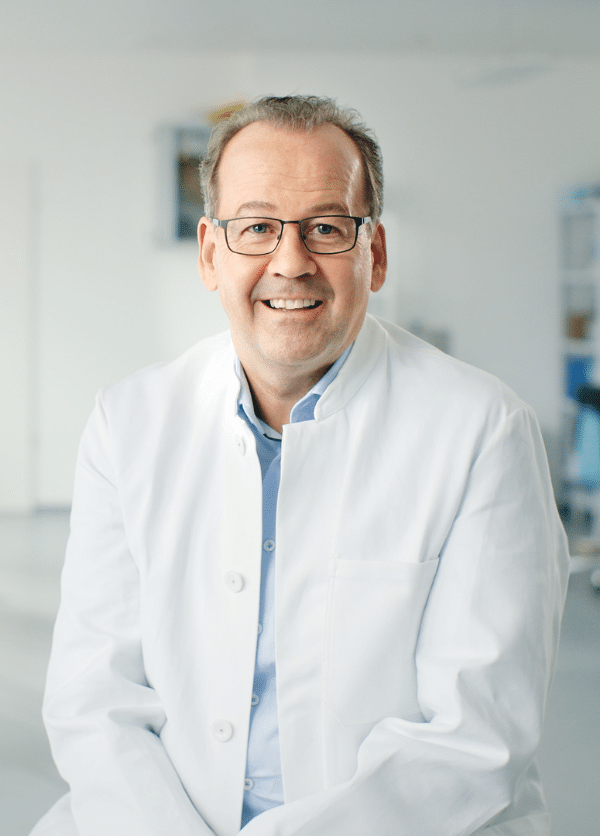
As the discoverer of the genes TKTL1 and DNaseX, Dr. Johannes Coy is the origin of Zyagnum AG. The proteins produced by these genes and their flow cytometric detection in scavenger cells in the blood form the basis of Zyagnum AG’s early cancer detection test. Together with our CEO Ralf Schierl, he founded our company in 2007 and is still an important consultant for us today.

